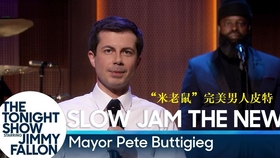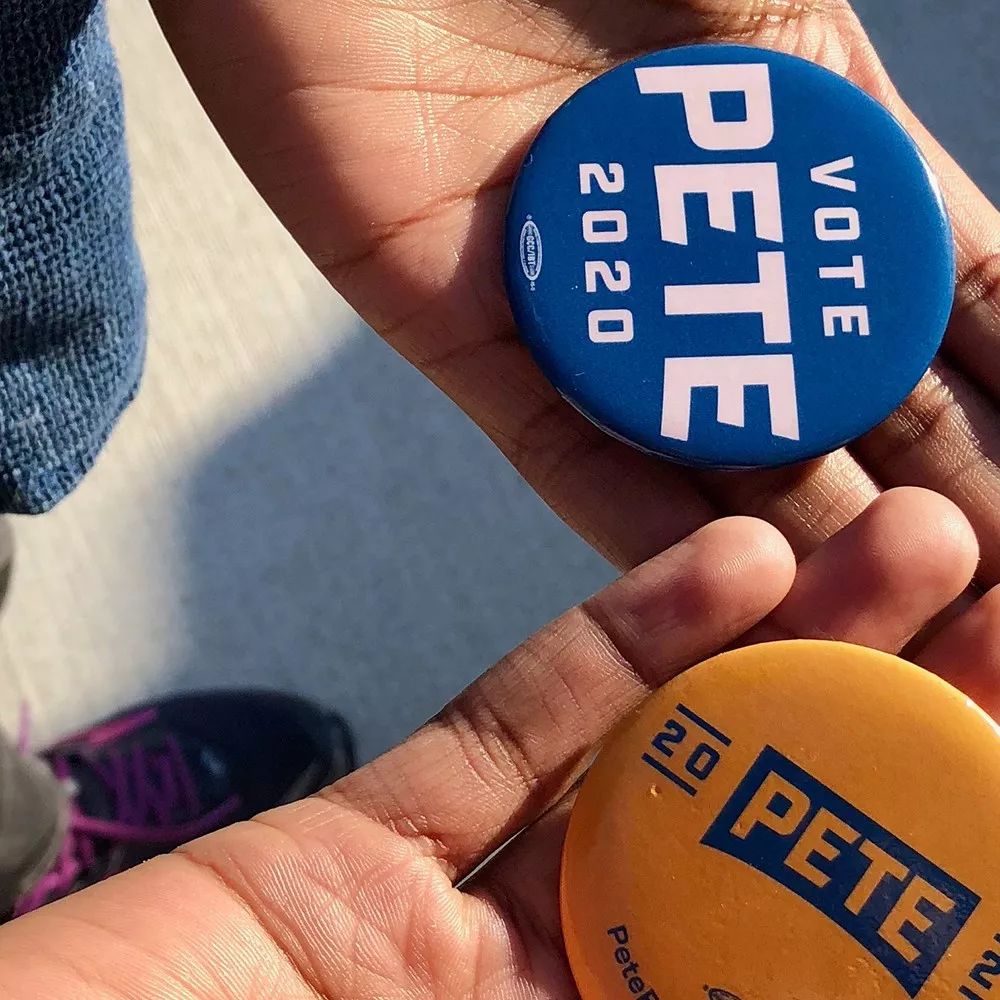Pete Buttigieg JD Vance Conflict: A Deep Dive into Political Tensions
In the ever-evolving landscape of American politics, the relationship between Pete Buttigieg and JD Vance has emerged as a focal point of intense scrutiny a……
In the ever-evolving landscape of American politics, the relationship between Pete Buttigieg and JD Vance has emerged as a focal point of intense scrutiny and debate. As two prominent figures from opposing ends of the political spectrum, their interactions and disagreements have become a significant talking point among political analysts and enthusiasts alike.
Pete Buttigieg, the former Mayor of South Bend, Indiana, and a prominent figure in the Democratic Party, has long been known for his progressive policies and forward-thinking approach to governance. On the other hand, JD Vance, a Republican senator from Ohio, represents a more conservative perspective, advocating for traditional values and limited government intervention.
The clash between these two ideologies has been particularly evident in their differing views on key issues such as healthcare, education, and economic policy. Buttigieg's vision for a more inclusive and equitable society stands in stark contrast to Vance's emphasis on individual responsibility and self-reliance.

The roots of their conflict can be traced back to their distinct political philosophies and the broader ideological divide within the United States. Buttigieg's background as a military veteran and public servant has shaped his advocacy for social justice and environmental sustainability. In contrast, Vance's upbringing in rural America and his experiences with the American working class have informed his conservative worldview, prioritizing economic growth and personal freedom.
Their differing viewpoints have manifested in various arenas, from public speeches and debates to social media interactions. Each has used these platforms to articulate their positions and challenge the other's arguments, often engaging in heated exchanges that reflect the broader ideological clash within the American political system.

The implications of their conflict extend beyond the realm of political rhetoric. It has the potential to influence policy decisions, shape public opinion, and even impact the political landscape of the United States. As the country grapples with pressing issues such as climate change, income inequality, and healthcare reform, the perspectives of Buttigieg and Vance offer contrasting visions for the future.
Despite their ideological differences, there is a shared recognition of the importance of civic engagement and the role of government in addressing the needs of the American people. Both politicians have demonstrated a commitment to public service and a desire to make a meaningful impact on the lives of their constituents.

In conclusion, the relationship between Pete Buttigieg and JD Vance serves as a microcosm of the broader ideological divide within the United States. Their differing perspectives on key issues and their public interactions highlight the complexities of the political landscape and the ongoing search for solutions to the nation's most pressing challenges. As the political discourse continues to evolve, the insights and debates between Buttigieg and Vance will undoubtedly play a significant role in shaping the future of American politics.